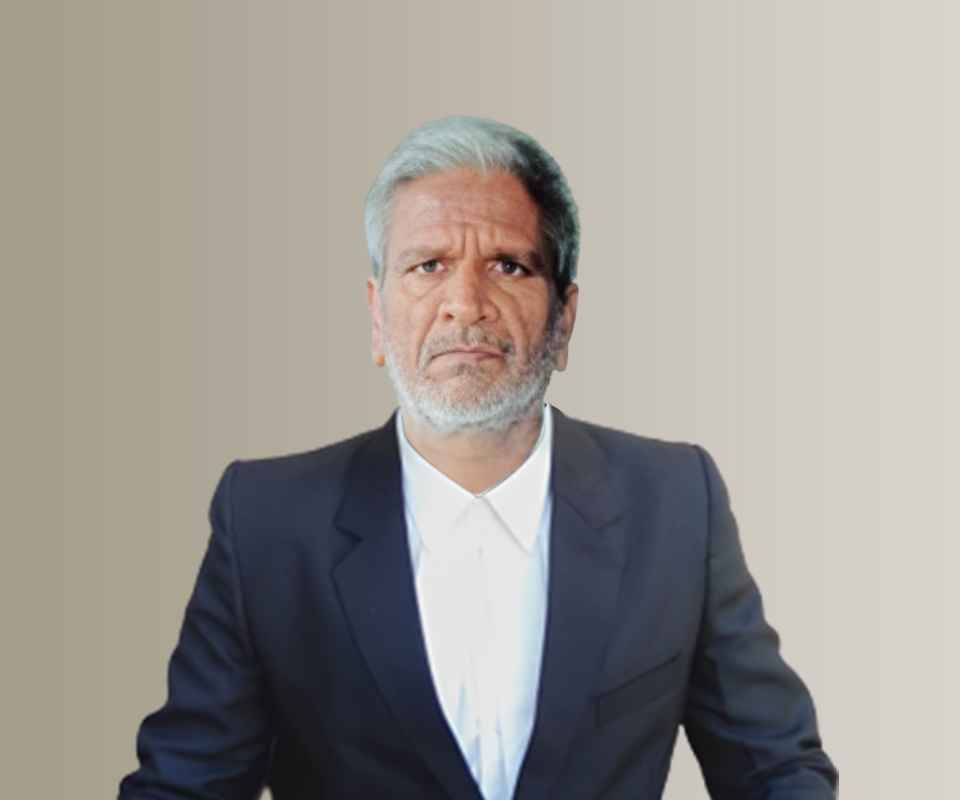Answer By law4u team
Mental harassment or psychological abuse can be subtle and difficult to prove because it often lacks physical evidence. Witness statements become crucial in such cases, providing external corroboration of the victim’s claims. Courts do consider witness testimonies, along with other evidences, to determine the occurrence of mental harassment, especially in elder abuse cases.
Role of Witness Statements in Proving Mental Harassment
Corroborative Evidence
Witnesses can testify about observed behaviors, statements, or incidents indicating mental harassment.
Their testimonies help corroborate the victim’s narrative, strengthening the case.
Credibility and Consistency
The credibility of witnesses and consistency of their statements are vital for the court’s acceptance.
Witnesses close to the victim, like neighbors, relatives, or caretakers, carry more weight.
Supporting Other Evidence
Witness statements are often considered alongside medical or psychological reports, call recordings, messages, or letters to build a strong case.
Limitations
Mental harassment can be subjective; hence, lack of direct evidence may pose challenges.
Courts require clear, convincing evidence to establish mental cruelty or harassment.
Legal Precedents
Indian courts have recognized the importance of witness testimony in cases involving cruelty under Section 498A IPC and similar provisions protecting elders.
Additional Points
Victims should also document incidents and seek professional psychological evaluations where possible.
Witnesses may be summoned by the court and are subject to cross-examination to test their reliability.
Statements from multiple independent witnesses enhance the case’s strength.
Example
Scenario:
An elderly woman alleges that her son verbally abuses and constantly humiliates her, causing mental distress. Neighbors and a domestic helper testify about frequent shouting, insults, and her withdrawn behavior.
Outcome:
The court considers the witness testimonies along with the victim’s account.
The consistent evidence helps establish the occurrence of mental harassment.
The accused is held responsible under applicable laws for mental cruelty.







